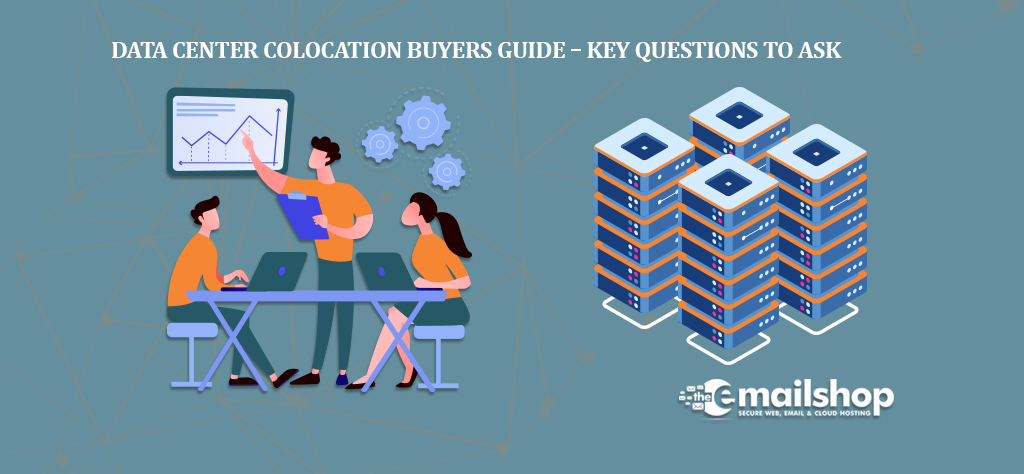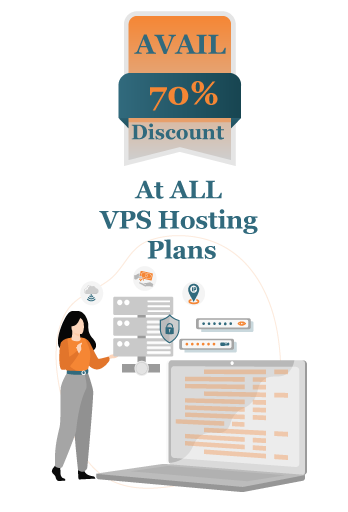All of the different digital platforms would not exist without their own data centers. The new digital economy and ecosystems are supported by a variety of services, including colocation, dedicated servers, cloud, and in-house staff to manage the combination of all of these services.
The following is a list of essential questions and requirements that need to be satisfied before choosing the most suitable infrastructure technology for our company.
Does your company acquire any strategic benefits from the location where the data center is located?
It is important that the data center’s physical location be compatible with your company’s needs. For instance, many companies choose colocation data center facilities that are situated adjacent to their main offices or in close proximity to the important markets they serve.
Do the information technology requirements that you have require the data center provider that you use to have a global footprint?
After identifying the significance of its location, the next thing we need to do is condense the number of potential suppliers of data centers in a certain region. In the same way that there are big box retailers and more boutique type businesses. Colocation and data centers are no different. Before making a list of possible places to visit, ask yourself the following questions and give some thought to the answers.
- Does the retailer have more than one storefront to choose from?
- Does the price of their services include the use of remote hands, or do additional fees apply in this regard?
- Do I have unrestricted access to the support staff?
- Where is the organization’s central office or headquarters located?
- Does a significant price difference exist between the two options?
Does the provider present a variety of options for the location available?
When it comes to customizing a colocation solution to the requirements of our infrastructure, you will have the greatest success working with a provider that provides both fractional colocation cabinets (ranging in size from 10U to 42U) and custom sized cages. If we did end up needing more space, would our current cabinets be near enough to one another to accommodate the expansion? Would it be possible for you to make an advance reservation for more cabinet space? In addition, make sure that the power options are as versatile as possible.
In what manner are the power systems of the data center configured?
The facility gets electricity from a variety of utility suppliers; does it have several feeds? There is sufficient capacity for generator-powered backup to accommodate lengthy power outages (N+1 on UPS and generator). In the event that generators are required, sufficient on-site fuel storage, in addition to contracts for fuel replenishment, is required.
Which network operator does the data center deal with?
The majority of data centers will give access to a variety of network providers through available bandwidth. Clients are able to take advantage of a number of different alternatives for low-latency, high-performing networks when using carrier-neutral data centers since these facilities enable direct access to a range of service providers. This helps increase operational efficiency. The difference in quality also signifies the difference in the amount of time an application is available to users in the event that the underlying network becomes unavailable. The significance of a carrier-neutral facility is that it gives you the freedom to switch your bandwidth provider with only a small amount of downtime in order to achieve the level of satisfaction you require without requiring you to move your infrastructure to a different facility that is owned by the carrier you would like to use.
If it becomes necessary for my company to expand, how well does the location accommodate the requirements of a growing business?
Another aspect that we need to be concerned about when it comes to the growth of your company is whether or not your colocation provider has the capability, in terms of both space and power, to grow along with your company. Ask potential colocation providers how they handle the development of businesses, as well as whether or not any of their clients have grown. their operations and how they did so. Do they provide support and consulting services to guarantee that your company’s requirements will be met right from the beginning of the setup process? In order to guarantee a smooth transition, we should ask to talk with their operations team as well as their technicians and engineers.
Does the Supplier provide design, execution plan and daily operational support?
Management services for our data center deployment have to be included in the services provided by our data center supplier. It is essential that all involved parties have a solid understanding of the intended strategy, which should include everything from the design to the implementation. Everyone involved in the project has to have the same understanding of what is expected of them and how they should carry it out. The process of ensuring that your colocation deployment goes off without a hitch should be managed by the data center.
Does the provider provide colocation support for the clients?
On-site support availability implies rapid response to emergency re-boots or other difficulties, which is especially helpful in situations when staff members are not situated nearby the facility or are unable to come to the facility. This may also assist in preventing smaller instances from developing into more significant problems. It is also essential to assess the service level agreement (SLA) assurances that the supplier offers on support requests. These should have a direct bearing on the amount of time it takes to respond to support queries. SLAs for in-facility support should be very rapid, since problems that arise at this level will definitely demand prompt help and resolution. Does the data center provide an acknowledgment of your request to reassure you that they have received it and have begun working on it? This will give you the peace of mind that you need. In the event that there is a problem, support specialists for the data center should be accessible to you whenever you need them onsite, through phone or email, or via a web-based help portal.
Does the position facility have yearly agreements for service to be performed that comply with the certification process for power supply, power stations, and HVAC?
Generators, power supplies, and any other vital infrastructure in colocation sites should undergo periodic maintenance inspections. Our colocation supplier should be able to provide us with a copy of their SSAE 16 or SSAE 18 (SOC 1) report, which verifies that in the event of an emergency, all of the systems are operating as intended, and that the backup power systems are both fueled and connected.
What percentage of their customers would be likely to recommend their facilities to another Co-worker?
Does the colocation provider conduct yearly surveys with its customers to evaluate the quality of service, identify problems, and make adjustments as necessary? What is their score in terms of net promoters? We will want to make certain that our company is provided with first-rate support and that the colocation provider is always working to enhance the quality of the assistance they provide and the services they offer themselves.
Does the provider guarantee one hundred percent uptime availability for different data center specifications?
The Service Level Agreement (SLA) of a data center spells out the provider’s responsibilities in the event of an outage that causes a delay in your colocation environment or other environmental factors like data center cooling and security. This outage causes your colocation environment to be unavailable. The service level agreement (SLA) needs to include an unambiguous statement of the promises that the data center will adhere to in the course of supplying you with colocation services. It is essential to have a clear understanding of and make an assessment of which aspects of our infrastructure are within the domain of our supplier as opposed to being under our authority.
For Discount and Offers, Visit our Official Twitter Page









